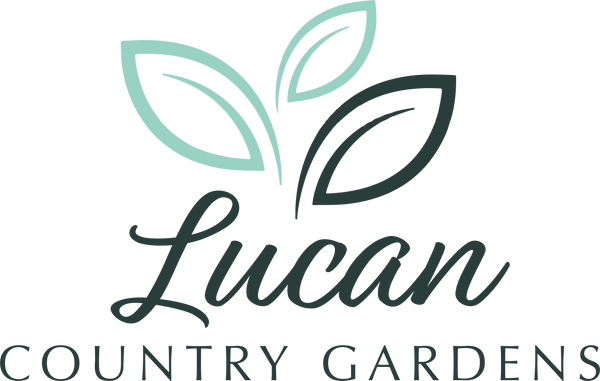Understanding Pollination
When talking to customers in the Garden Center about Fruit and Berry Growing, pollination is one of the number one questions we are asked. We've done some homework and put this together to help you grow successful fruit year after year!
Fruit trees require pollination to produce fruit, and this process typically involves transferring pollen from the male reproductive organs (anthers) of flowers to the female reproductive organs (stigma) within the same species. To read more on species compatibility, read this page on Understanding Cross Pollination between Species for Fruit Production.
Here are the key factors that affect pollination:
-
Pollinators: Many fruit trees rely on pollinators such as bees, butterflies, moths, birds, bats, and even wind to transfer pollen between flowers. These pollinators play a crucial role in fertilizing the flowers.
-
Compatibility: Some fruit trees are self-pollinating, meaning they can produce fruit with pollen from their own flowers. Others require cross-pollination, where pollen from a different tree of the same species is needed for fertilization. It's important to plant compatible varieties to ensure successful pollination.
-
Proximity: For cross-pollination to occur, compatible trees need to be close enough for pollinators to carry pollen between them. Generally, having fruit trees within 100 feet (30 meters) of each other is ideal for effective pollination. But berry bushes should be within a few feet of each other.
-
Timing: Fruit trees must bloom at the same time or overlap in flowering periods for cross-pollination to occur. If trees flower at different times, they won't be able to exchange pollen.
-
Weather Conditions: Weather conditions, especially during the flowering period, can significantly impact pollination. Windy conditions can help in pollen transfer for some trees, while rainy or cold weather can hinder pollination.
-
Healthy Trees and Flowers: Healthy trees with abundant, high-quality flowers are more likely to attract pollinators and produce viable pollen, leading to better pollination and fruit set.
-
Avoidance of Pesticides: Pesticides can harm pollinators, so it's important to avoid using them during flowering periods or to use pollinator-friendly alternatives if necessary.
In conclusion, understanding the pollination requirements of fruit and berry plants is crucial for a successful harvest in your garden or orchard. By selecting compatible varieties, ensuring proper planting distances, and promoting a healthy environment for pollinators, you can maximize fruit set and yield. Whether it's apples, pears, cherries, blueberries, raspberries, or any other fruit or berry plant, paying attention to pollination factors will undoubtedly lead to bountiful harvests and flavorful delights for seasons to come. Happy gardening!
Established in 2012
Lucan Country Gardens was formally established in January of 2012 after Darren and Janelle purchased a farm with a small Greenhouse near Lucan, Ontario in September 2011.
With plans to use the existing greenhouse to continue in the family greenhouse business of supplying box stores with spring bedding plants, they soon learned the opportunity that the location provided for a successful Garden Center.
Many things have changed over the years but one thing remains constant, we strive to supply our customers with Top Quality.
From the annuals, vegetables and herbs, baskets and planters that we grow on site, to the perennials, shrubs and trees we source from the top growers in Ontario. It all has to pass our standards of quality.
Today Lucan Country Gardens continues their focus of being a destination Garden Center with a strong focus on: Annuals, Hanging Baskets, Patio Pots, Perennials, Trees and Shrubs. We stock a full selection of bagged soils as well as bulk soil, and mulches.
We are proud to serve Huron, Middlesex and Perth and surrounding the Counties with quality gardening materials.
